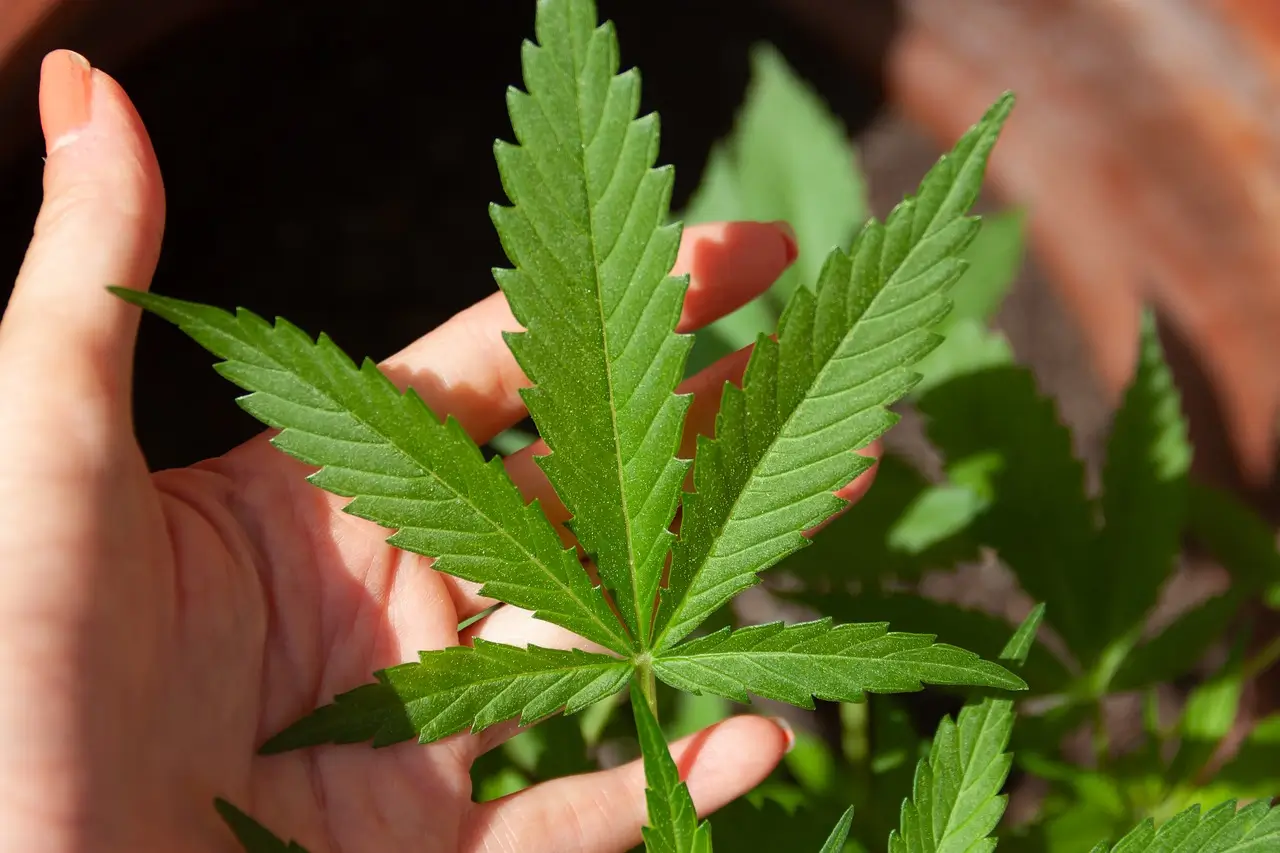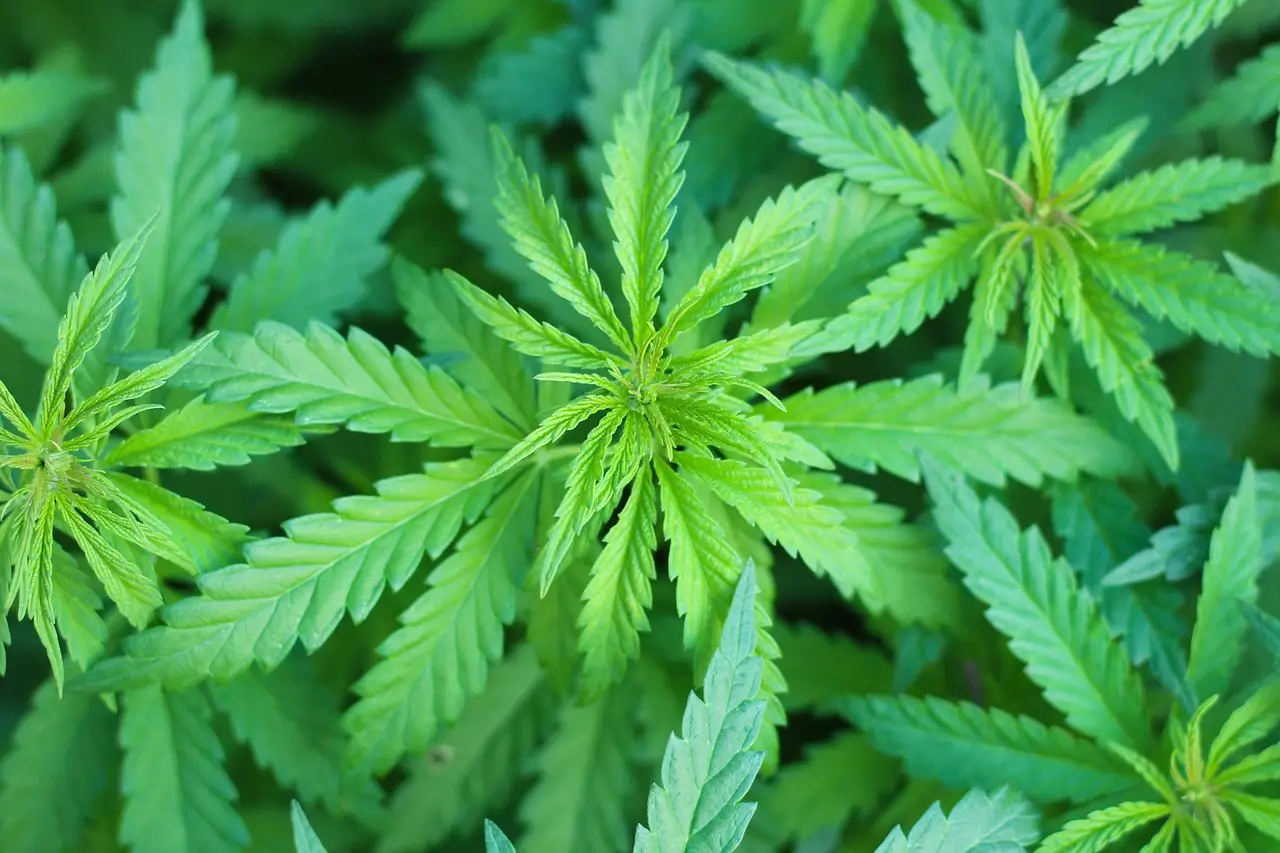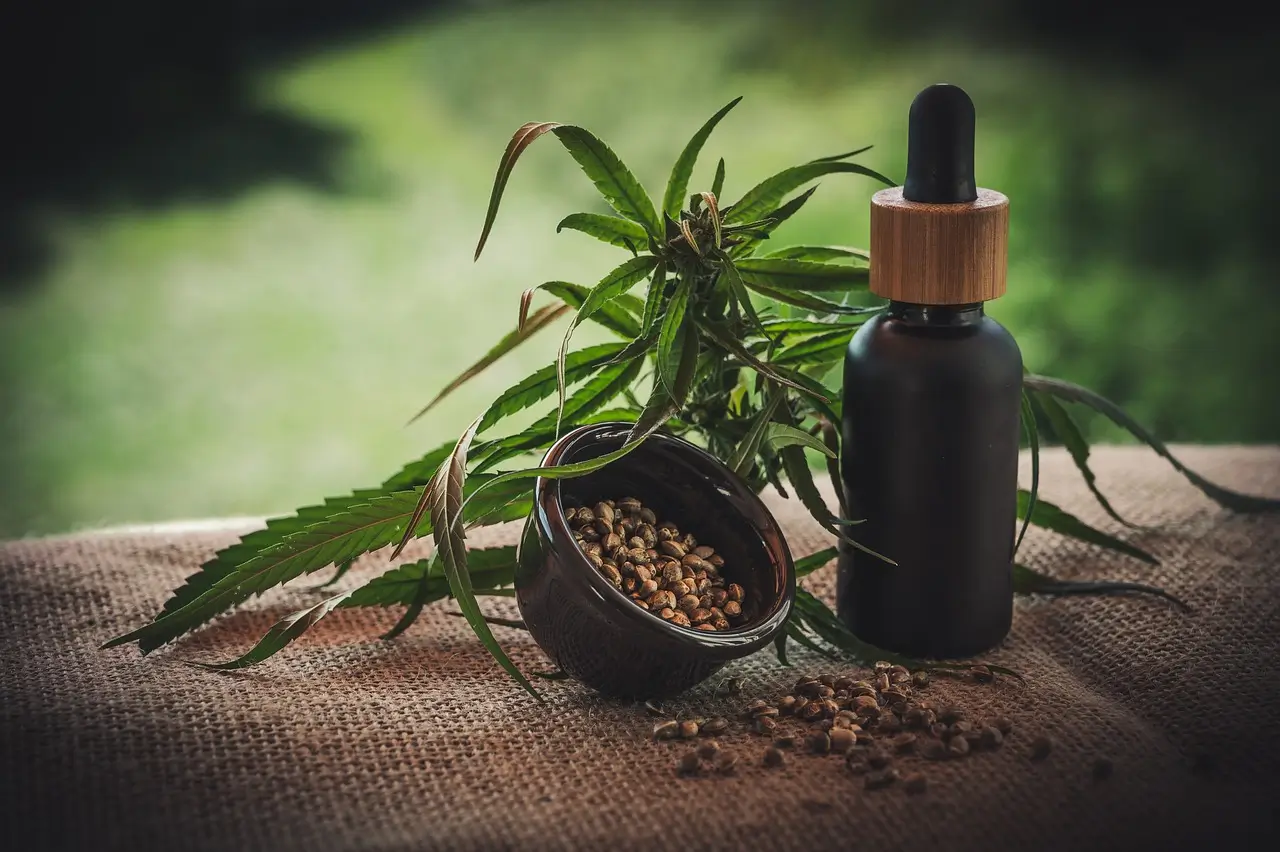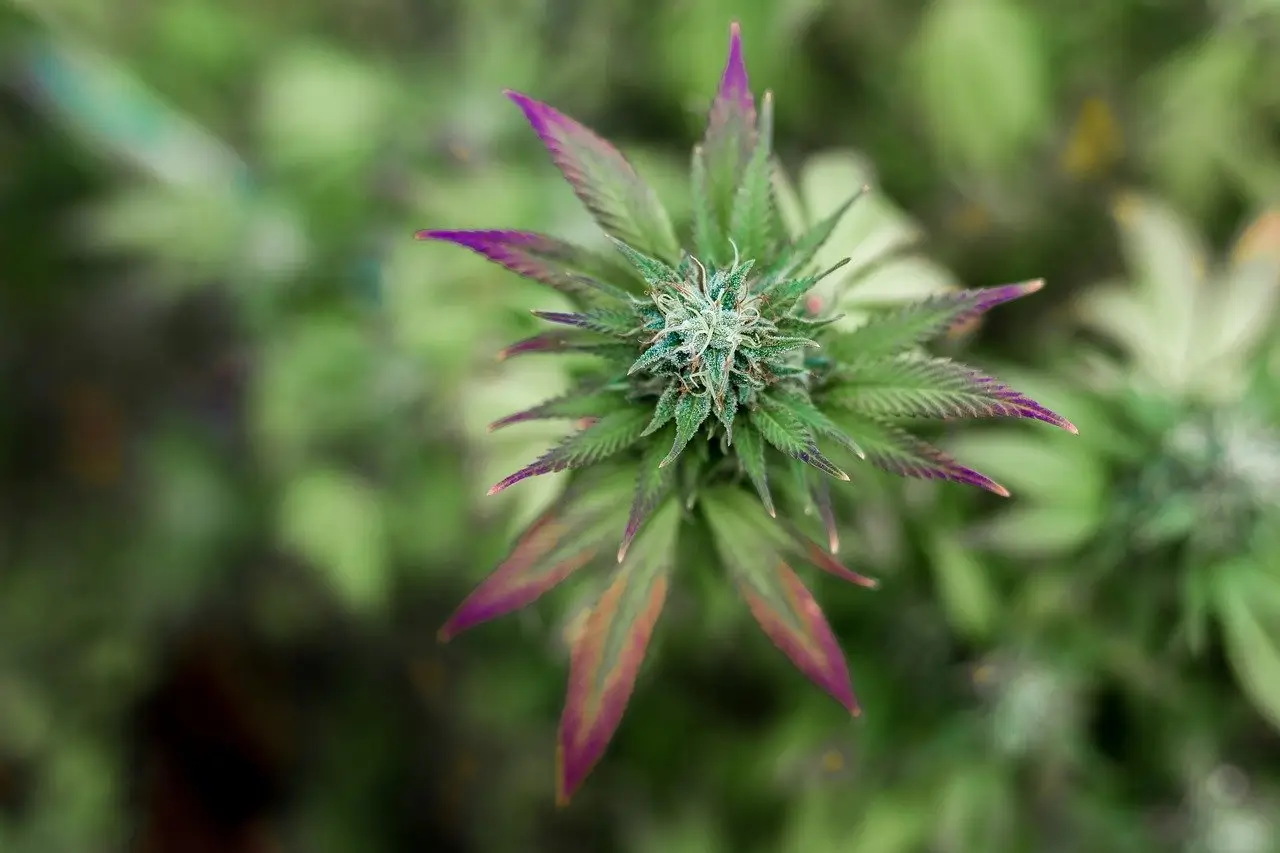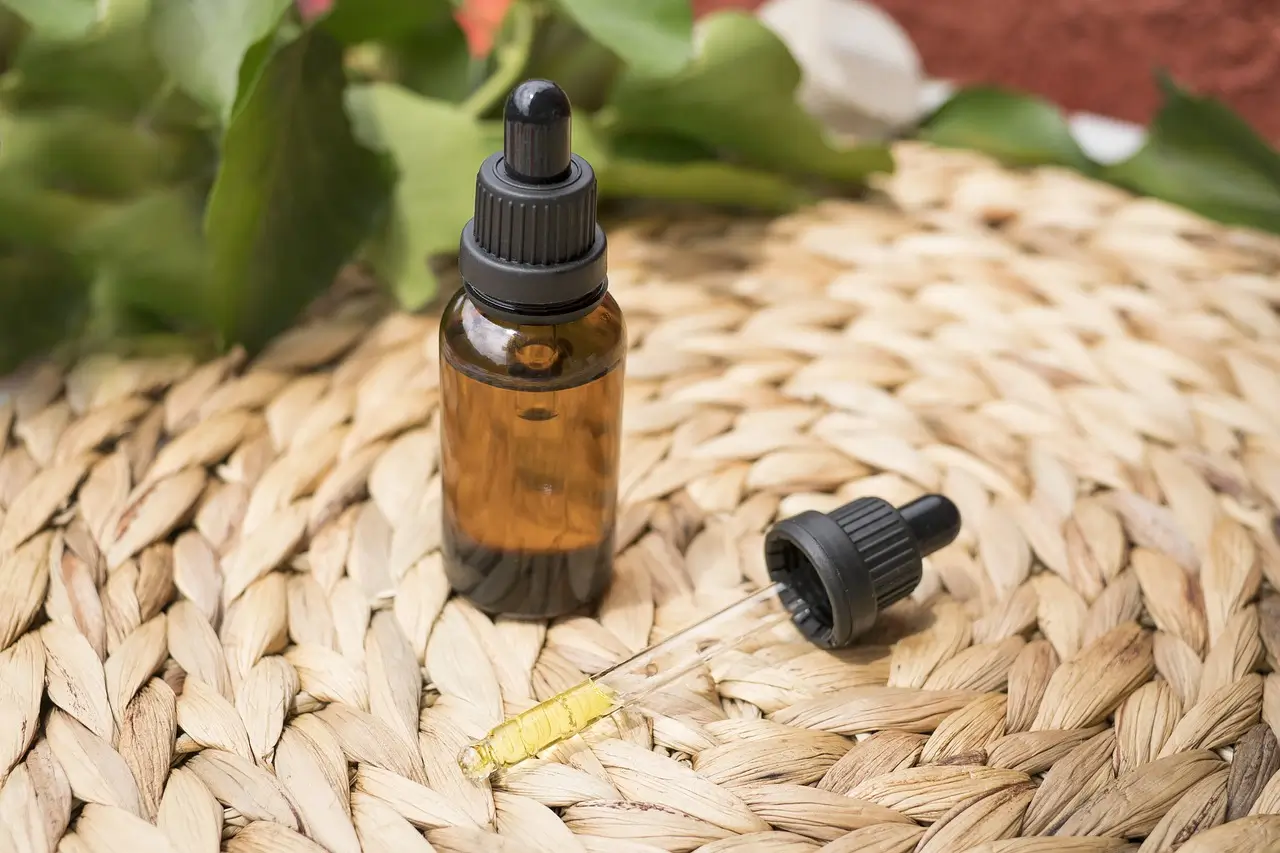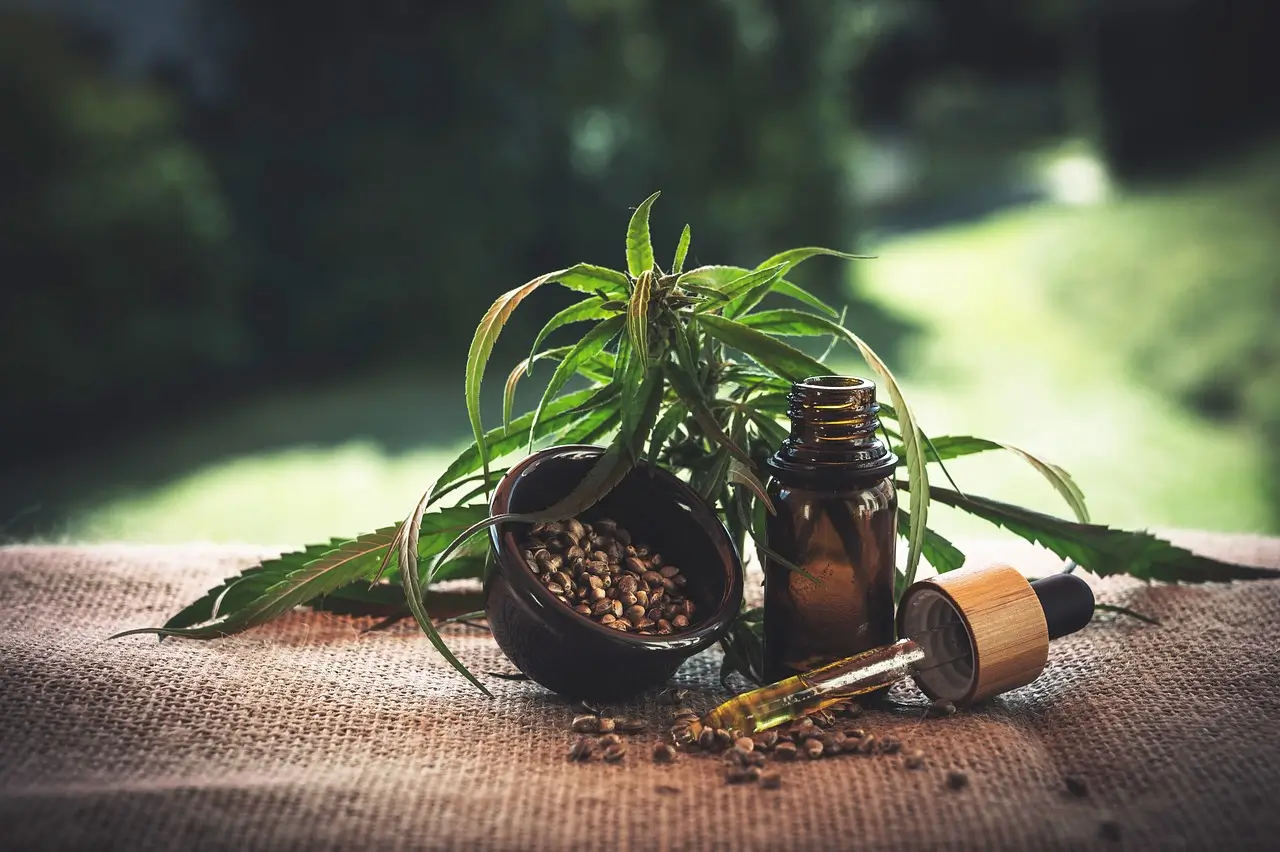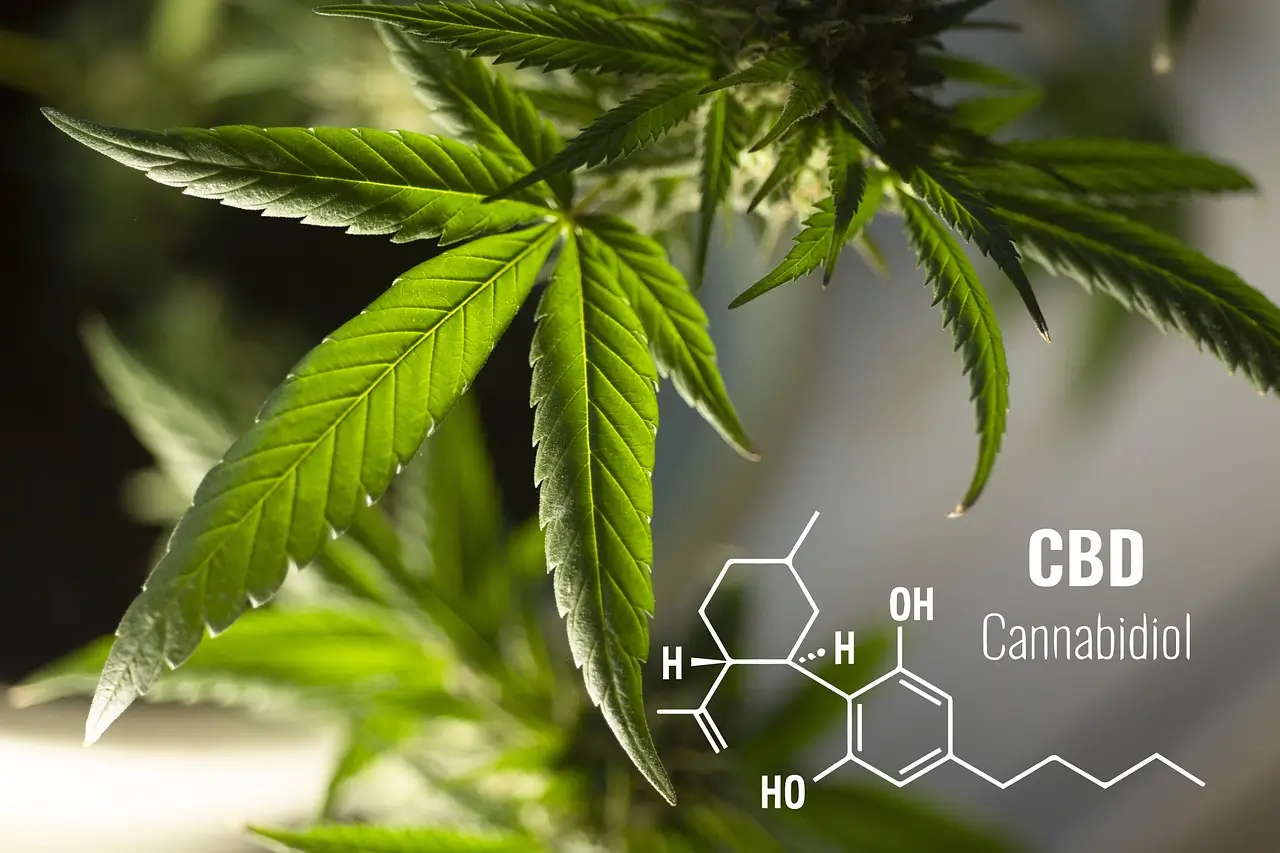CBD for Stress Relief
In the modern world, stress feels like a persistent shadow, constantly looming and casting its dark over our day-to-day lives. From deadlines at work to family obligations and constant connectivity, our nervous systems are often on overdrive, leaving us feeling overwhelmed, anxious, and depleted. Fortunately, the rise of cannabidiol (CBD) offers a glimmer of hope for those seeking respite from the grip of chronic stress. But amidst the hype and conflicting information, understanding how CBD truly impacts stress requires careful exploration.
Decoding CBD: A Natural Ally Against Stress
CBD, a non-psychoactive compound found in the cannabis plant, has garnered widespread attention for its potential therapeutic properties. Unlike its psychoactive cousin THC, CBD doesn't induce a "high" but interacts with the body's endocannabinoid system (ECS), a complex network that regulates various functions, including stress responses. The ECS acts like a dimmer switch for our stress response, and CBD interacts with its receptors, potentially helping to dial down our stress levels.
The Case for CBD and Stress Relief:
Numerous studies and anecdotal evidence suggest that CBD's stress-reducing potential stems from its multifaceted approach:
-
Anxiety Reduction
Chronic anxiety is a major stressor, sending our fight-or-flight response into overdrive. CBD's anxiolytic properties might soothe these hyperactive nerves, calming racing thoughts and promoting a sense of inner peace.
Improved Sleep Quality
Stress often disrupts sleep patterns, leading to a vicious cycle of exhaustion and further stress. CBD's potential to promote deeper sleep could break this cycle by allowing for proper physical and mental restoration.
-
Muscle Relaxation
Tight muscles and physical tension are hallmarks of stress. CBD's potential muscle relaxant properties could ease physical discomfort, creating a more relaxed state conducive to stress reduction.
-
Anti-inflammatory Effects
Chronic stress can lead to inflammation throughout the body, further exacerbating stress symptoms. CBD's anti-inflammatory properties might counteract this process, providing relief from inflammation-related stress symptoms.
-
Enhanced Mood Regulation
Stress can significantly impact our mood, leading to irritability and negativity. CBD's influence on serotonin and dopamine pathways might promote a more positive mood and better emotional resilience.
Nuances in CBD Stress Relief
While the potential benefits of CBD for stress are promising, it's crucial to remember that individual experiences vary. Factors like dosage, consumption method, underlying health conditions, and individual biochemistry all play a role in determining CBD's impact on stress. Some individuals may experience slight drowsiness, while others may not see significant changes in stress levels. It's an exploration, not a guaranteed solution.
Exploring CBD Stress-Relief Arsenal
The diverse landscape of CBD products offers a plethora of options for exploring its potential stress-reducing effects. Choosing the right method and form depends on individual preferences and desired onset time:
-
CBD Oils and Tinctures
Sublingual administration offers rapid absorption and effects within 15-30 minutes, ideal for immediate stress relief or pre-sleep relaxation.
-
CBD Edibles
Gummies, chocolates, and other edibles provide sustained release, with effects taking 1-2 hours to emerge, suitable for managing general stress throughout the day.
-
CBD Vaping
Inhalation offers the fastest onset (within minutes) but requires careful product selection and responsible use.
-
Topicals
CBD creams and lotions may offer localized relief for muscle tension or pain, indirectly contributing to stress reduction.
Finding Your Calm: Unveiling the Dosage Dilemma
Determining the ideal CBD dosage for stress relief is an individual journey. Starting with a low dose (around 10mg) and gradually increasing it while monitoring the impact is crucial. Consulting a healthcare professional for personalized guidance, especially if taking other medications, is highly recommended.
Responsible Use and Potential Risks: A Cautious Waltz with Stress Relief
While CBD generally has a good safety profile, responsible use is paramount. Potential side effects like drowsiness, fatigue, and appetite changes can occur. Be mindful of interactions with existing medications and avoid exceeding recommended dosages. Seek professional advice if experiencing any adverse effects.
The Verdict: Focus on Facts, Not Fads
The science surrounding CBD's benefits for stress is still evolving. While promising research exists, more studies are needed to fully understand its efficacy and long-term effects. Approach CBD with realistic expectations, focusing on quality products, responsible use, and personalized exploration.
Living in Harmony with Stress: A Holistic Approach
While CBD holds promise as a potential ally in stress management, it's essential to remember that it's not a cure-all. It's a tool within a larger toolbox of strategies for cultivating resilience and well-being. Here are key approaches to complement CBD use for a more holistic approach to stress management:
Mindfulness and Meditation:
-
Mindfulness practices, such as meditation and deep breathing, train the mind to focus on the present moment, reducing rumination and anxiety.
-
Regular meditation practice can enhance emotional regulation and promote a sense of calm, even in challenging situations.
Exercise and Movement:
-
Physical activity is a potent stress reliever, releasing endorphins that boost mood and alleviate tension.
-
Engaging in regular exercise, whether it's jogging, swimming, or yoga, can significantly improve stress tolerance and overall well-being.
Healthy Sleep Habits:
-
Sleep is crucial for stress recovery and mental clarity.
-
Prioritizing good sleep hygiene, such as maintaining a regular sleep schedule, creating a relaxing bedtime routine, and avoiding electronic devices before bed, can significantly improve sleep quality and reduce stress levels.
Nutrition and Hydration:
-
A balanced diet rich in whole foods, fruits, vegetables, and healthy fats provides essential nutrients that support the body's stress response.
-
Staying hydrated with water and herbal teas helps regulate bodily functions and reduces stress-related symptoms.
Support Systems and Social Connection:
-
Strong social connections act as a buffer against stress.
-
Nurturing relationships with friends, family, or support groups provides a sense of belonging, emotional support, and stress resilience.
Therapy and Counseling:
-
For individuals struggling with chronic stress or underlying mental health conditions, seeking professional therapy can be invaluable.
-
Therapists can provide guidance on coping strategies, stress management techniques, and address the root causes of stress, leading to long-term healing and resilience.
Final Thoughts
Navigating the complexities of stress in the modern world requires a multi-faceted approach. CBD, when used responsibly and integrated with healthy lifestyle choices, stress management techniques, and therapeutic support when needed, might offer a promising complementary pathway towards a calmer, more balanced, and stress-resilient existence.
